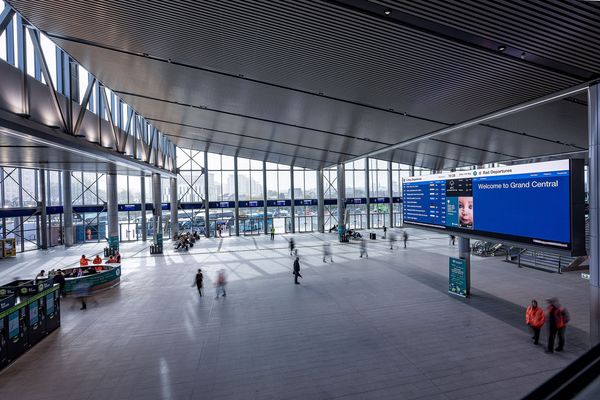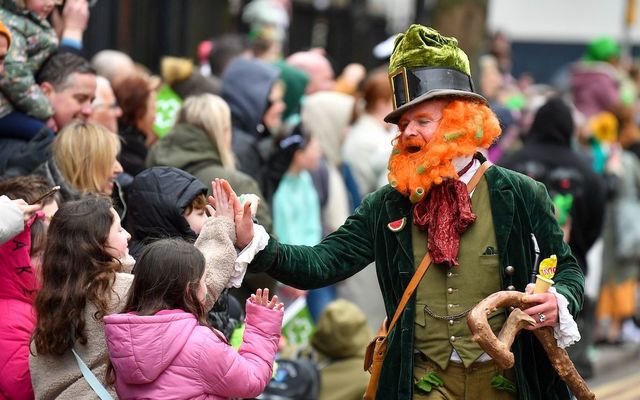NEWS that the DUP had been secretly meeting with Sinn Féin while telling their supporters and everyone else who would listen that they weren’t is just another indicator of the jawdropping hypocrisy that was common currency as the peace process progressed.
We already know that the British government lied through their teeth – and not just in that period in the early 2000s when the DUP was doing the exact opposite of what they said they were doing. London maintained ongoing contact with the IRA and later Sinn Féin for the duration of the Troubles – a shameful and tissue-thin pretence now remembered by posterity in Prime Minister John Major’s claim in 1993 that talking to the IRA would “turn my stomach”.
That was strong language, but it was courteous compared to the words bandied about by the DUP in the years leading up to the 2007 Sinn Féin decision to sign up to the new political dispensation. Rather than prepare their base for the utter inevitability of doing business with Sinn Féin, the party of Ian Paisley persisted with the grotesque pretence that Sinn Féin were outside the democratic Pale, couching their false claims in the familiar language of demonisation and hatred.
That members of the party still in senior positions were part of this outrageous charade is proof that a lack of goodwill and a willingness to lie about allegedly sancrosanct matters of personal honour and morality is no bar to advancement in politics.
It may be argued that the road to peace was a political high wire act and when parties wobbled on the tightrope – as they often did – candour was often ditched in favour of a range of emergency reactions ranging from little fibs to downright lies. And it is a simple statement of fact that no actor in the peace process was unswervingly up-front and honest with the electorate and with the media. But the DUP is a party which does business in a unique currency. They trade on a set of Christian morals ranging from traditional Reformation principles to fundamentalist blood and thunder dogma. The party publicly derides political pragmatism and presents itself as doing the ‘work of the Lord’.
So as we moved uncertainly towards peace the DUP was touring the studios and filling the newspaper columns with its claims of ‘political purity’, it was betraying not only its supporters, it was betraying its very raison d’être.
This is to say nothing of the devastation the DUP left in its wake in its targeting of its main rival, the UUP. The party made huge capital from presenting UUP leader David Trimble as a Lundy and a sell-out for doing business with Sinn Féin; and while it was hysterically denouncing Mr Trimble and his supporters in displays of street theatre the cameras loved, it was doing in private what Mr Trimble risked his career to do in public.
Many of the leading actors in this sorry drama are still active. We’d do well to remember that every time they take to the stage.









